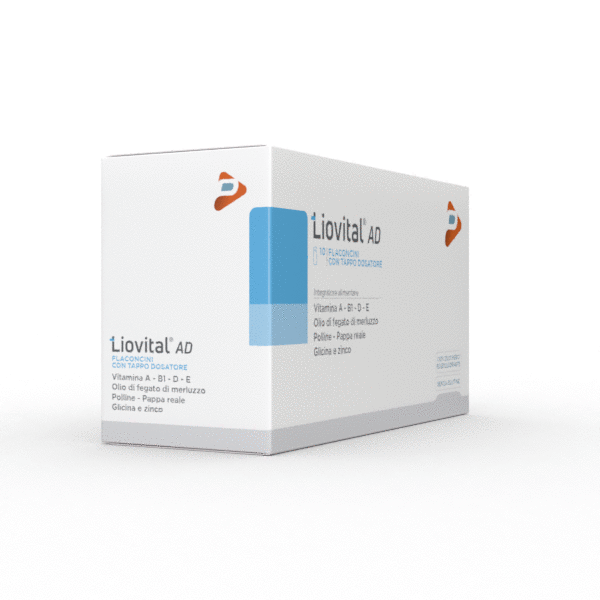Pediatric supplementation with gruel could play a beneficial role as a replenisher to support the immune system, as well as a help in the case of asthenia and lack of appetite.
Children still have to build an effective immune system, so it is not uncommon for parents to organize themselves to assist them at home.
It is a physiological process: if in the first months of life the baby is protected by the antibodies of the mother, transmitted in uteri during pregnancy, and subsequently the benefits are prolonged by breastfeeding, of course in the first years of life the immune system is to be considered information. At the same time, the little one begins to touch everything and wants to put anything in his mouth, increasing the probability of coming into contact with germs. All this explains why the child is more prone to getting sick.
Parents, however, can help their child, and therefore make their lives easier, by adopting natural strategies that help support their health.
For this purpose since ancient times, royal jelly, commonly used all over the world as an “ethnopharmacological” nutrient, is recommended because, thanks to a multitude of active ingredients, it has always proved to be a valuable ally for the preservation of children’s health.
There is evidence that this natural remedy may have immunomodulating, antibacterial, antiviral, anti-inflammatory, antioxidant and growth-enhancing features. The royal jelly contains many proteins, lipids, sugars, amino acids (at least 17, of which 8 essential), mineral salts, vitamins, enzymes, hormones, trace elements, natural antibiotics. In particular, the main medium-chain fatty acids contained are trans-10-hydroxy-2-decanoic acid (10-H2DA), 10-hydrosidecanoic acid (10-HDAA) and sebacic acid (SEA). It is believed that the royal jelly exerts immunomodulation and anti-inflammatory activity precisely through these substances. The proteins contained in the royal jelly, then, seem to stimulate the proliferation of human monocytes, a type of white blood cell that play multiple roles in our immune defenses.
Due to its acid and protein content, it also appears to have antimicrobial and bacteriogenic activities, that is, able to inhibit or limit bacterial replication. In royal jelly, substances with antimicrobial properties have been isolated, which appear to be active against yeast and bacteria both Gram-negative and, above all, Gram-positive. This defense against microbial agents is done through direct inactivation of microorganisms, as well as through the induction of a specific system (cytokine network) which in turn activates genes responsible for the production of substances of preventing the onset of bacterial infections.
Bee milk, queen food
Royal jelly, or bee milk, is a creamy product secreted by the glands of young worker bees. It is found in the royal cells, those in which bees raise the new queens and constitutes the essential nourishment of the queens during their existence, hence the name “royal jelly”.
It is presented as a substance with a gelatinous consistency, often homogeneous due to the presence of dissolved granules of various sizes. It is yellowish-white, acidic, with a slightly pungent smell.
In addition to those already mentioned, it has a multitude of pharmacological activities. In children, in particular, it awakens appetite, fights intestinal disorders and anemia, increases the general tone of the organism.




